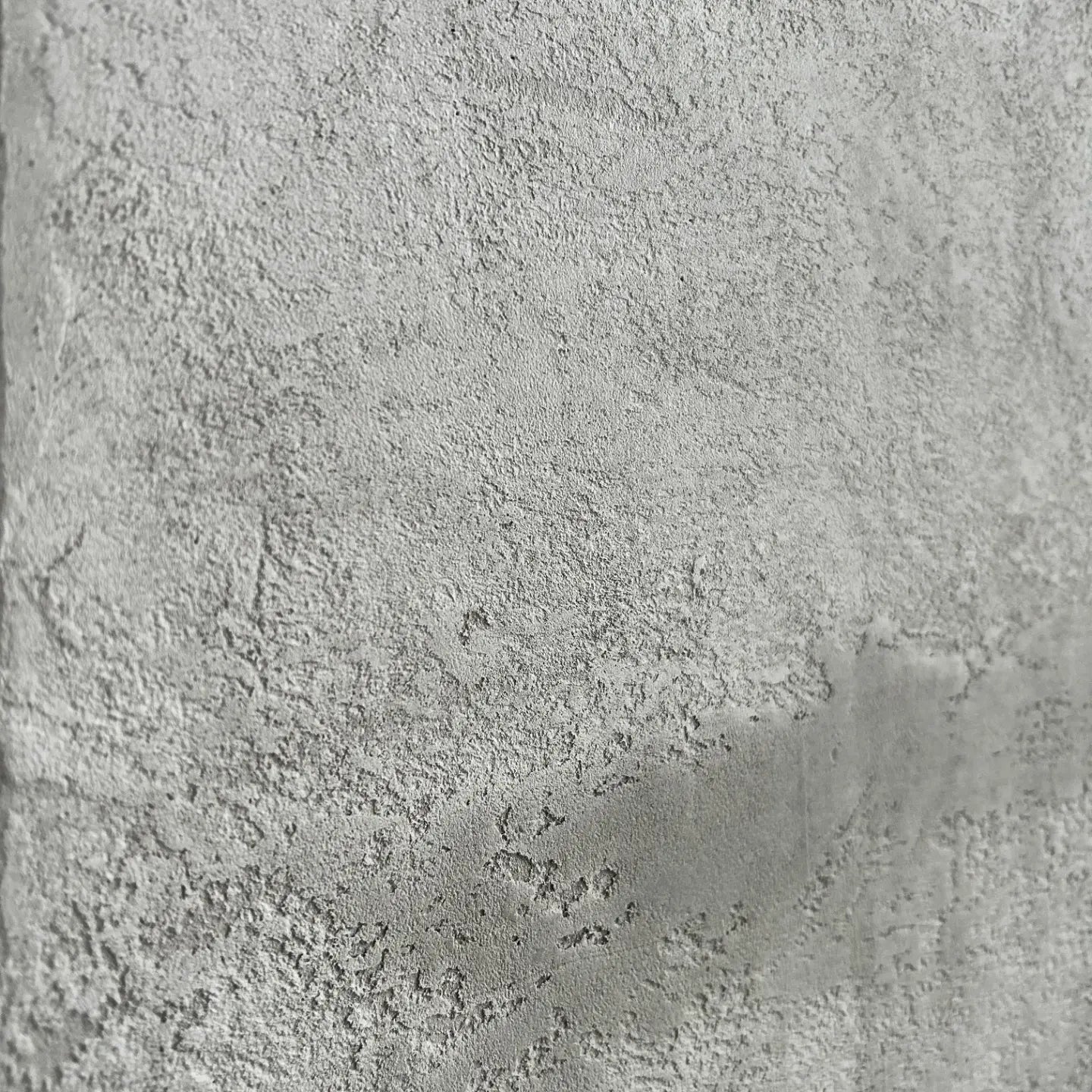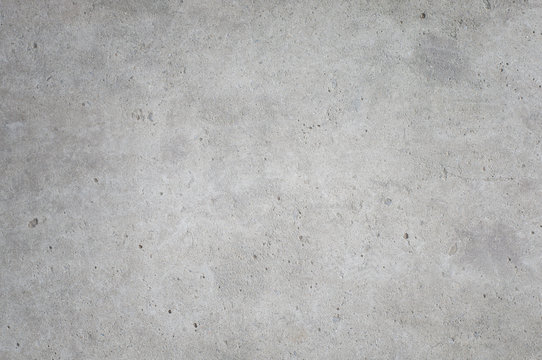Unveiling the Eco-Friendly Advantages of Using Recycled Concrete in Sustainable Building Practices
In the world of sustainable construction methods, the usage of recycled concrete stands as a crucial yet typically underestimated resource. Past its standard applications, recycled concrete deals a myriad of environmentally friendly benefits that prolong much past the confines of conventional construction products.
Ecological Advantages
By incorporating recycled concrete into building methods, there is a considerable decrease in the need for brand-new raw products, leading to conservation of natural resources. Furthermore, the usage of recycled concrete decreases the amount of waste being sent out to landfills, consequently reducing ecological contamination and alleviating the stress on garbage dump capabilities (Concrete).

Additionally, the manufacturing of typical concrete is a considerable resource of carbon emissions because of the energy-intensive procedure of concrete manufacturing. On the other hand, recycled concrete has a reduced carbon impact as it minimizes the demand for brand-new concrete production. This decrease in carbon emissions contributes to mitigating climate modification and sustains lasting construction practices. On the whole, the environmental benefits of using recycled concrete are considerable and play a crucial role in promoting environment-friendly building techniques.
Cost-Efficiency
Accomplishing cost-efficiency is a critical factor to consider when analyzing the use of recycled concrete in building tasks. One of the essential benefits of making use of recycled concrete is its cost-effectiveness contrasted to traditional concrete.
Furthermore, the usage of recycled concrete can bring about financial savings in garbage dump prices by diverting concrete waste from disposal sites. This not just lowers the environmental impact however additionally removes the costs related to waste removal. The longevity and performance of recycled concrete are comparable to conventional concrete, ensuring that price financial savings do not compromise the top quality of the building and construction.
Longevity and Strength
Thinking about the substantial cost-efficiency advantages of utilizing recycled concrete, it is essential to examine its resilience and strength in building applications. Recycled concrete deals comparable, if not superior, durability and strength residential properties to standard concrete. Through innovations in handling strategies and quality assurance, recycled concrete can satisfy or surpass the efficiency criteria of conventional concrete. The procedure of recycling concrete includes squashing, arranging, and evaluating old concrete to produce aggregates that can be used in new building and construction tasks. These recycled aggregates can offering sufficient compressive stamina, durability, and long-lasting performance.

Waste Reduction
Reliable waste decrease practices play a crucial function in the lasting application of resources within the building sector. Waste reduction is a crucial benefit that adds dramatically to environmental conservation when it comes to utilizing recycled concrete. Standard building techniques often generate substantial amounts of waste, particularly in the form of concrete rubble from demolition sites. By integrating recycled concrete right into construction jobs, this waste is repurposed and drawn away from landfills, reducing the general ecological impact of construction tasks.
Recycled concrete not only assists in lessening the amount of waste that ends up in garbage dumps but likewise conserves all-natural sources by lowering the need for new aggregate products. This procedure of waste decrease promotes a home circular economic situation within the construction industry, where materials are recycled and reused to develop a more lasting sector. Furthermore, using recycled concrete can result in cost savings for building and construction jobs, as it is typically more cost effective than sourcing and carrying new products. Finally, waste decrease with the utilization of recycled concrete is an essential element of lasting building techniques that benefits both the environment and the building and construction sector as a whole.
Energy Preservation
When it comes to using recycled concrete in construction, considerable power cost savings are attained compared to traditional concrete manufacturing. The procedure of creating recycled concrete involves recycling and squashing existing concrete materials, which consumes less energy than mining, processing, and transferring directory raw products for brand-new concrete production.
Final Thought
Finally, the usage of recycled concrete in lasting construction techniques provides various ecological advantages, cost-efficiency, sturdiness, stamina, waste decrease, and energy conservation. By incorporating recycled concrete into building tasks, we can add to a much more eco-friendly and lasting future. It is necessary for the building industry to prioritize the usage of recycled products to assist minimize the ecological effect of construction activities.
One of the crucial benefits of using recycled concrete is its cost-effectiveness contrasted to conventional concrete.In addition, the use of recycled concrete can lead to cost savings in landfill prices by diverting concrete waste from disposal sites. The durability and efficiency of recycled concrete are comparable to standard concrete, guaranteeing that cost savings do not compromise the quality of the building and construction.
